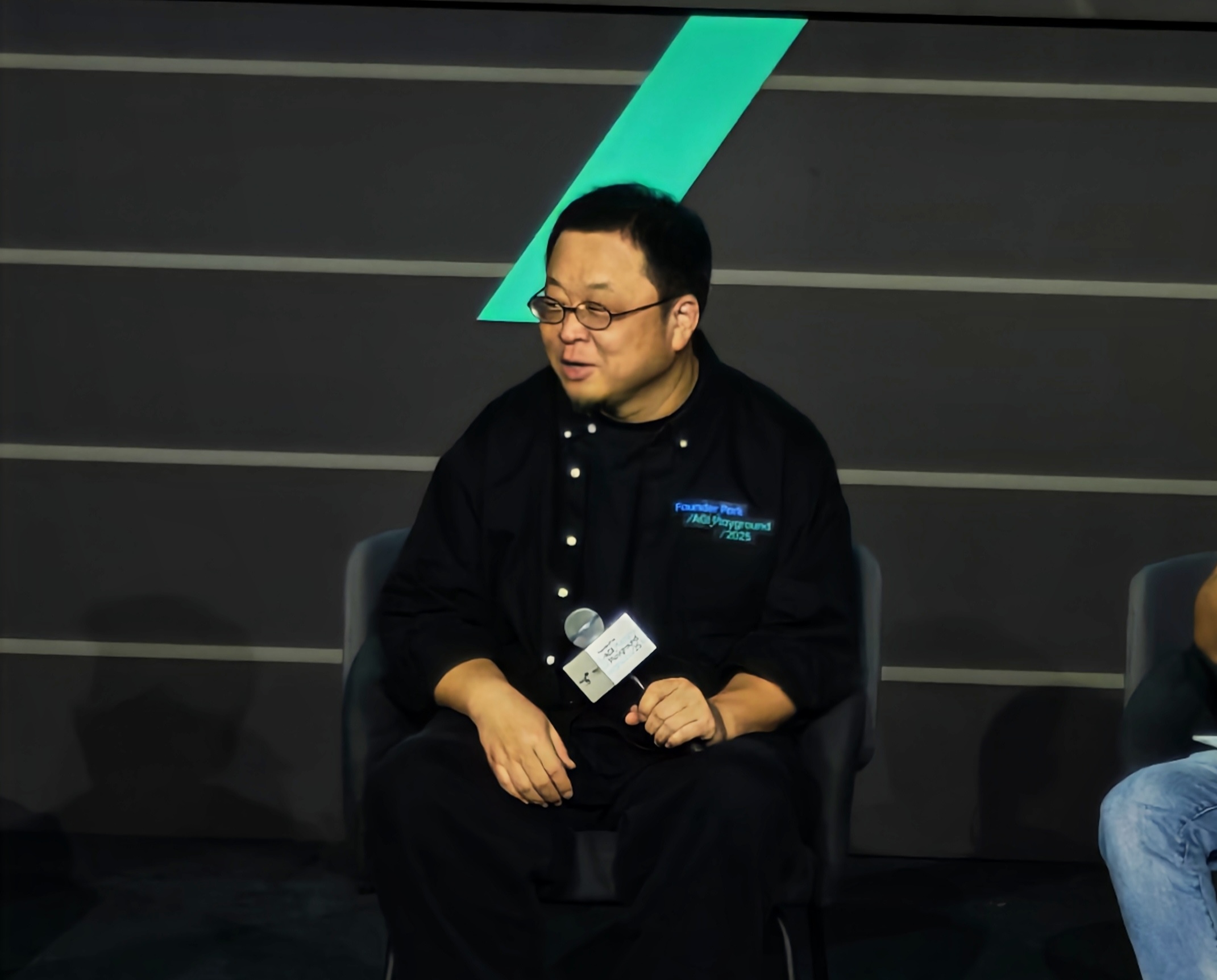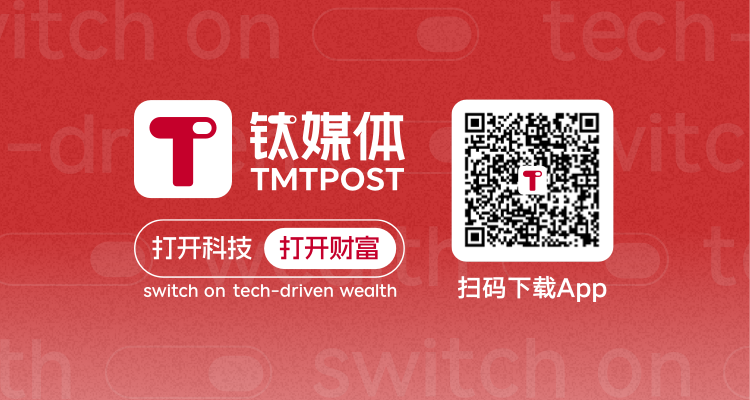
Luo Yonghao
AsianFin — Luo Yonghao, the founder of Smartisan and a household name in China’s consumer tech and livestreaming circuits, has re-emerged in the public eye after years of relative silence.
At a roundtable event in Beijing, Luo joined two young founders, Xie Yang of Fellou and Wang Dengke of Duxiang, for a wide-ranging discussion on artificial intelligence, entrepreneurship, and the scars and lessons of past ventures.
Luo, who now runs a new tech startup, disclosed that his team plans to launch an AI productivity tool within the next two to three months, focusing initially on email-related workflows. Despite lacking the firepower for large-scale model pretraining, Luo said he is betting on fast iteration and user feedback to refine the product.
“Many AI-powered email tools today, whether from Yahoo, Google, or high-profile startups, still fail to deliver a great user experience,” Luo said. “We believe we can do better—not by outspending them, but by out-executing them.”
In a rare public retelling, Luo reflected on the downfall of Smartisan, the smartphone company he founded in 2012 that was once hailed as a bold challenger to Apple and Xiaomi. He revealed that Smartisan’s assets—including intellectual property and core staff—were sold to ByteDance at what he described as a “humiliating” price amid a liquidity crunch.
TNT, Smartisan’s ambitious phone-to-PC hybrid, failed commercially but drew interest from tech giants, including Huawei and ByteDance. Luo recounted a meeting with Huawei’s Richard Yu, where Smartisan’s lean team impressed enough to prompt attempted poaching of top talent. Though TNT was mocked publicly after its launch at Beijing’s Bird’s Nest Stadium in 2018, Luo insisted the product was ahead of its time.
“I was just too early,” Luo said, noting that similar concepts are now being pursued by others in the market.

After Smartisan’s collapse and public debt struggles, Luo transitioned to livestream e-commerce on Douyin in 2020, repaying millions in liabilities. In 2022, he announced a return to tech through a new venture, Thin Red Line, focused initially on AR smart glasses. But after burning through capital and facing hardware and software hurdles, Luo pivoted toward AI software.
“I never left the tech industry,” he said. “We realized AR glasses wouldn’t be commercialized anytime soon, so we redirected our efforts.”
The upcoming AI tool, aimed at improving email efficiency, is expected to debut this year. Luo believes AI won’t displace everyone, but those who fail to adopt it risk irrelevance. “Even if you’re slacking off at work, you better spend that time learning AI,” he quipped.
Luo also signaled a desire to serve as a platform for young AI entrepreneurs, hinting at an “AI Spring Festival Gala” to showcase promising early-stage software products. “We’ll help select and promote genuinely good products from founders with limited resources,” he said, noting his track record with viral hits like Bullet Messenger.
He also shared a personal encounter with Liang Wenfeng of DeepSeek, who encouraged him to leverage his strengths in communication and consider launching an AI-focused podcast by the end of 2025.
As Chinese tech faces a generational shift, Luo argued that “timeliness” and founder-led vision are increasingly vital in an era where large incumbents, including Apple, struggle to innovate despite dominant resources.
“Startups must believe in themselves. Venture capital needs to remember what ‘venture’ really means,” Luo said. “In this AI era, the future belongs to those who move fast, especially the young.”
更多精彩内容,关注钛媒体微信号 (ID:taimeiti),或者下载钛媒体 App
